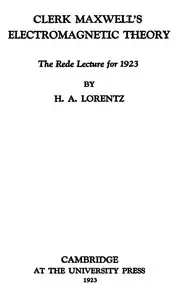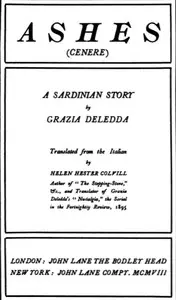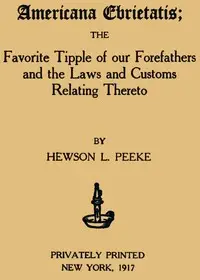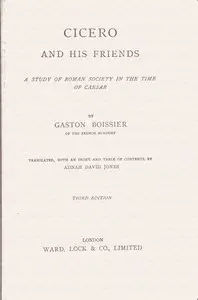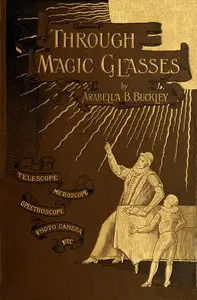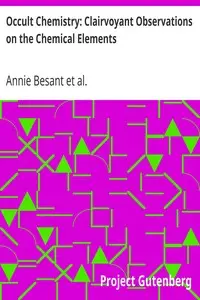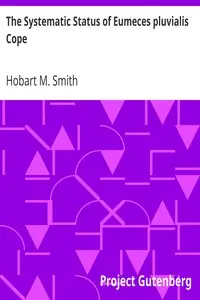"The Einstein Theory of Relativity: A Concise Statement" by H. A. Lorentz is a scientific publication written in the early 20th century. This accessible text aims to demystify Albert Einstein's theory of relativity, which had garnered much interest and debate in scientific circles but was often considered too complex for the general public. The book provides an overview of Einstein’s pivotal theories on gravity and the nature of space and time, explaining how they unify previously isolated phenomena in physics. In this work, Lorentz outlines the fundamental principles of Einstein's theories, distinguishing between special and general relativity. He discusses the revolutionary ideas that challenge the established Newtonian concepts of absolute time and space, demonstrating how motion affects physical phenomena. The book highlights the significant experimental confirmations of Einstein's predictions, such as the bending of light around massive objects like the sun. Ultimately, Lorentz presents relativity not merely as a scientific theory but as a profound shift in understanding the universe, emphasizing the interrelationship between gravity and light and proposing that gravitation affects both matter and energy within the fabric of space-time. (This is an automatically generated summary.)
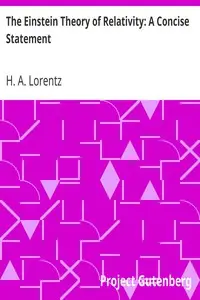
The Einstein Theory of Relativity: A Concise Statement
By H. A. (Hendrik Antoon) Lorentz
"The Einstein Theory of Relativity: A Concise Statement" by H. A. Lorentz is a scientific publication written in the early 20th century. This accessib...
Hendrik Antoon Lorentz was a Dutch physicist who shared the 1902 Nobel Prize in Physics with Pieter Zeeman for the discovery and theoretical explanation of the Zeeman effect. He derived the Lorentz transformation of the special theory of relativity, as well as the Lorentz force, which describes the combined electric and magnetic forces acting on a charged particle in an electromagnetic field. Lorentz was also responsible for the Lorentz oscillator model, a classical model used to describe the anomalous dispersion observed in dielectric materials when the driving frequency of the electric field was near the resonant frequency of the material, resulting in abnormal refractive indices.


